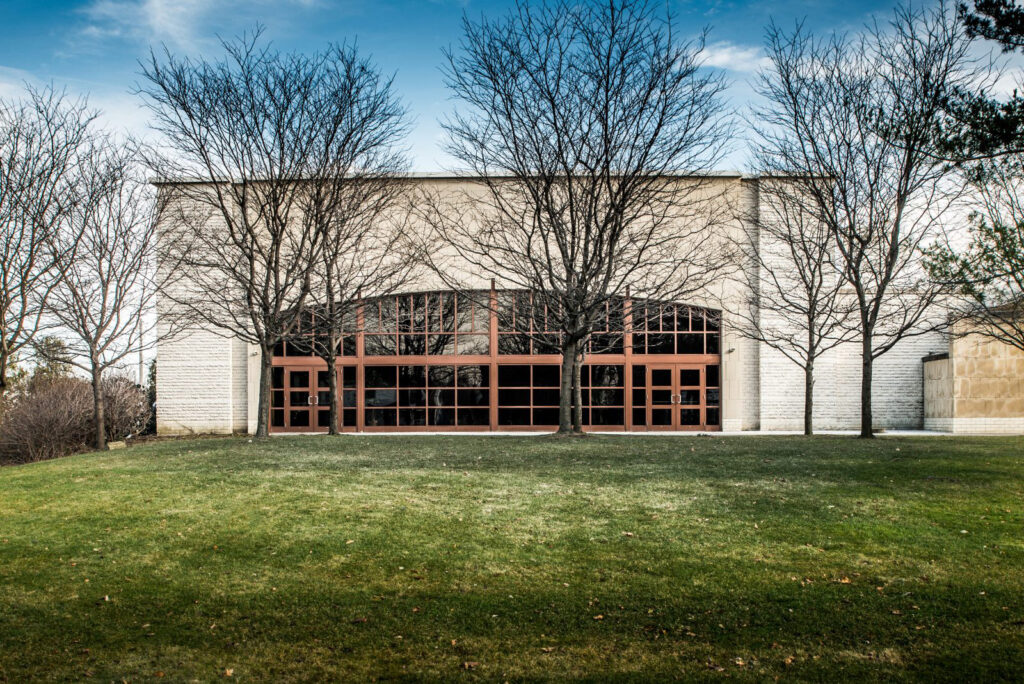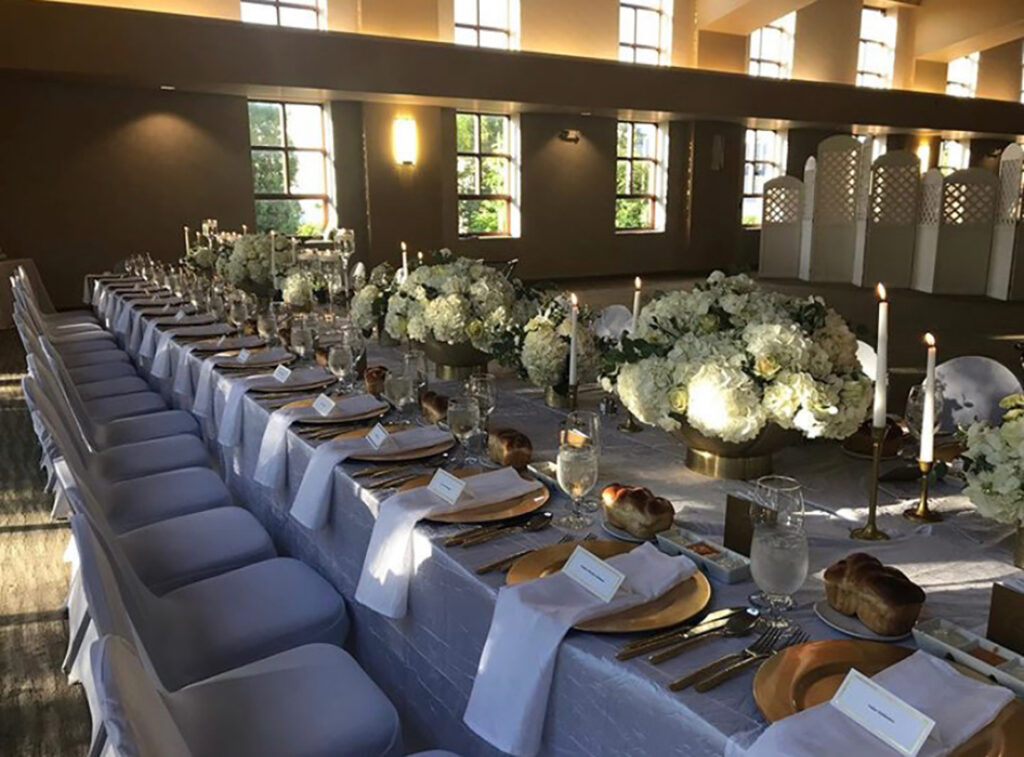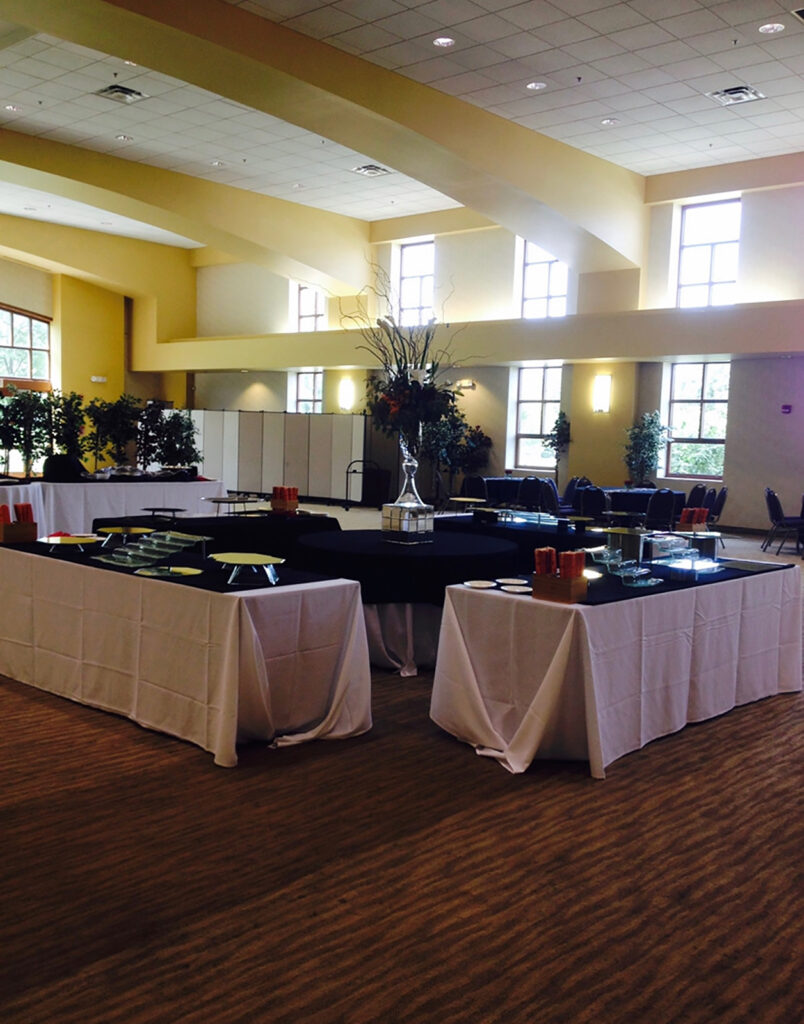By Becky Raspe
Ask a pro
Rabbi Naphtali Burnstein and Rena Greenfeld | Senior rabbi and office manager | Young Israel of Greater Cleveland | Beachwood

What should the planning process look like?
Burnstein: (Rena) is the one that arranges the dates and puts all the pieces together. If there is a religious component they are looking for in terms of setting up wedding details, they’d come to me. For mitzvahs, sometimes we work with families and sometimes they just follow the regular process.
Greenfeld: When an initial call comes and someone wants to schedule an event, like a mitzvah, they’d call a year or two in advance. The first thing to ask is if the calendar is clear for their preferred date. My first job is to check that date, making sure it is clear for what they want exactly. I also get more information, like contacts, rental rates and other family questions. I also go over who their caterer and other vendors are, explaining that we also have an in-house caterer. So, if it is far off, I get that initial information and then revisit it later. If it is a close event, like a bris for example, you only have under a week’s notice from the call. That takes some quick organization. Families just need to be on top of the details as they can get away from you.

What is often overlooked?
Burnstein: With a wedding or a mitzvah, depending on the background of the family and how familiar they are with traditions, we always have to remind ourselves that they might not have the same background as us. So, you might have to walk them through the steps sometimes, whether it is a wedding or mitzvah. Mitzvahs are pretty standard, but it comes down to what choices they’re making. Again, depending on their background and what they’re used to, they might consider education on what an Orthodox wedding or mitzvah looks like.
When should the planning process begin?
Greenfeld: It differs for both weddings and mitzvahs. With mitzvahs, families know when their child is going to come of age. So, they know to carve out the time to make those decisions and plans in advance. In terms of weddings and our experience in an Orthodox synagogue, there really isn’t that much advanced notice. When a couple gets engaged, they typically aren’t waiting a year to get married, more like three to eight months. So, in our experiences, couples will contact us immediately and in some cases, before their engagement, to see what is available.

What is the most important part of planning?
Greenfeld: For a mitzvah, I would say the most important thing would be to make sure the child is studying. Also, what kind of service the child is going to conduct. Those choices take planning. You can’t have them deciding a week before what part of the service they want to do.
Burnstein: With a wedding, my philosophy is to always turn to whoever the officiating rabbi is. I’m a strong believer that whoever the officiating rabbi is, they’re the one who should be making the decisions as long as he is doing that in the Orthodox manner. So, just be sure to converse with them.
